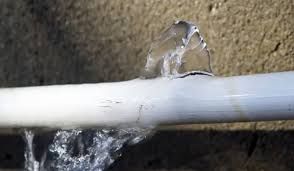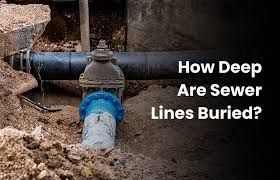How to Prevent and Fix Water Leaks
Water leaks are a common household issue that can lead to significant damage if not addressed promptly. From minor drips to major floods, understanding how to prevent and fix water leaks can save you time, money, and stress. In this comprehensive guide, we’ll explore the best strategies for both preventing and fixing water leaks in your home. Let's dive in!
1. Understanding Common Causes of Water Leaks
Before tackling water leaks, it’s important to understand their common causes:
- Old or Damaged Pipes: Over time, pipes can corrode, crack, or burst, leading to leaks.
- High Water Pressure: Excessive water pressure can strain pipes and fixtures, causing them to fail.
- Clogged Drains: Blockages in drains can cause water to back up and leak out of pipes or fixtures.
- Faulty Fixtures: Worn-out or improperly installed faucets, showerheads, and other fixtures can leak.
- Appliance Issues: Dishwashers, washing machines, and water heaters can develop leaks due to age or improper maintenance.
2. Preventing Water Leaks
Prevention is always better than repair. Here are some tips to help you prevent water leaks in your home:
a. Regular Inspections
Regularly inspecting your plumbing system can help catch potential problems before they become major issues:
- Check Pipes and Fixtures: Look for signs of corrosion, rust, or wear and tear on pipes and fixtures.
- Inspect Appliances: Regularly check appliances for leaks and ensure they are maintained according to the manufacturer’s guidelines.
b. Reduce Water Pressure
High water pressure can cause leaks and damage pipes. To keep your water pressure in check:
- Install a Pressure Regulator: A pressure regulator can help maintain safe water pressure levels.
- Test Pressure Regularly: Use a pressure gauge to test your water pressure periodically and adjust as needed.
c. Maintain Drains
Keeping your drains clear can prevent backups and leaks:
- Avoid Pouring Grease Down Drains: Grease can solidify and clog pipes.
- Use Drain Screens: Install screens over drains to catch hair, food particles, and other debris.
- Regular Cleaning: Use natural cleaners like baking soda and vinegar to keep drains clear.
d. Replace Old Pipes
Old, corroded pipes are prone to leaks. If your home has old plumbing, consider:
- Re-piping: Replace old pipes with new, durable materials like copper or PEX.
- Regular Upgrades: Update plumbing fixtures and appliances as they age.
- '
3. Fixing Water Leaks
If you already have a water leak, it’s crucial to fix it promptly to prevent further damage. Here’s how to tackle common types of leaks:
a. Fixing Pipe Leaks
- Turn Off Water Supply: Before repairing a leak, shut off the water supply to the affected area.
- Patch Small Leaks: For minor leaks, use a pipe clamp or epoxy putty to seal the hole.
- Replace Damaged Sections: For larger leaks, cut out the damaged section of pipe and replace it with a new piece.
b. Repairing Leaky Faucets
- Identify the Problem: Determine if the leak is coming from the spout, handle, or base of the faucet.
- Replace O-Rings and Washers: Worn-out O-rings and washers are common causes of faucet leaks. Replace them to stop the leak.
- Tighten Connections: Check and tighten any loose connections around the faucet.
c. Addressing Appliance Leaks
- Inspect Hoses and Connections: Check appliance hoses and connections for signs of wear or damage.
- Replace Faulty Parts: Replace any damaged hoses, gaskets, or seals.
- Follow Maintenance Guidelines: Regularly maintain appliances according to the manufacturer’s instructions to prevent leaks.
d. Sealing Roof and Ceiling Leaks
- Identify the Source: Locate the origin of the leak on your roof or ceiling.
- Apply Sealant: Use roofing sealant to patch small holes or cracks.
- Replace Damaged Shingles: For more extensive damage, replace broken or missing shingles.
4. When to Call a Professional
While many leaks can be fixed with DIY methods, some situations require professional help:
- Major Leaks: If you’re dealing with a major leak or flooding, call a plumber immediately.
- Hidden Leaks: Leaks behind walls or under floors can cause significant damage. A professional can locate and repair these hidden leaks.
- Extensive Damage: If water damage is extensive, consider hiring a restoration company to properly address and repair the damage.
5. Monitoring for Future Leaks
After fixing a leak, it’s important to monitor your home for any signs of future leaks:
- Install Leak Detectors: Place leak detectors near appliances, under sinks, and in basements to alert you to new leaks.
- Regularly Check Your Water Meter: Monitor your water meter for unusual increases in water usage, which could indicate a hidden leak.
- Stay Vigilant: Keep an eye out for signs of leaks, such as water stains, dampness, or mold growth.
Conclusion
Preventing and fixing water leaks is essential to maintaining a safe and comfortable home. By understanding the common causes of leaks, taking preventative measures, and addressing any issues promptly, you can protect your home from water damage. Remember, while DIY methods can be effective for minor leaks, don’t hesitate to call a professional for major or hidden leaks. Stay proactive and keep your plumbing system in top shape to avoid the stress and expense of water damage.
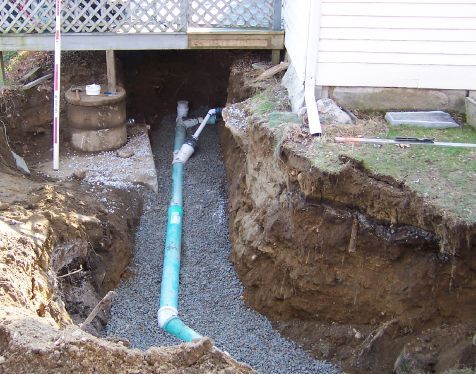
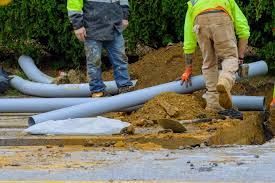
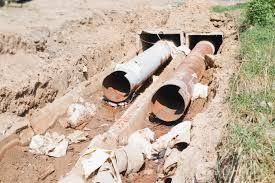
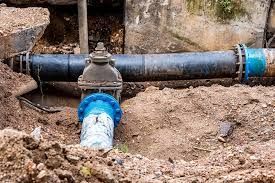

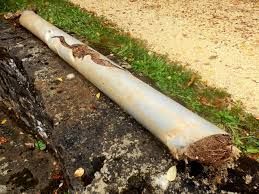
CONTACT INFORMATION
Office:
855-266-7682
Email:
service@AllCityPlumbers.com
Address: 6694 Oak Ridge Commerce Way, Austell, GA 30168
Business Hours:
Mon - Sun 24 Hours
OUR SERVICES
© 2022 All Rights Reserved|All City Plumbers Privacy Policy | Terms & Conditions | Sitemap

